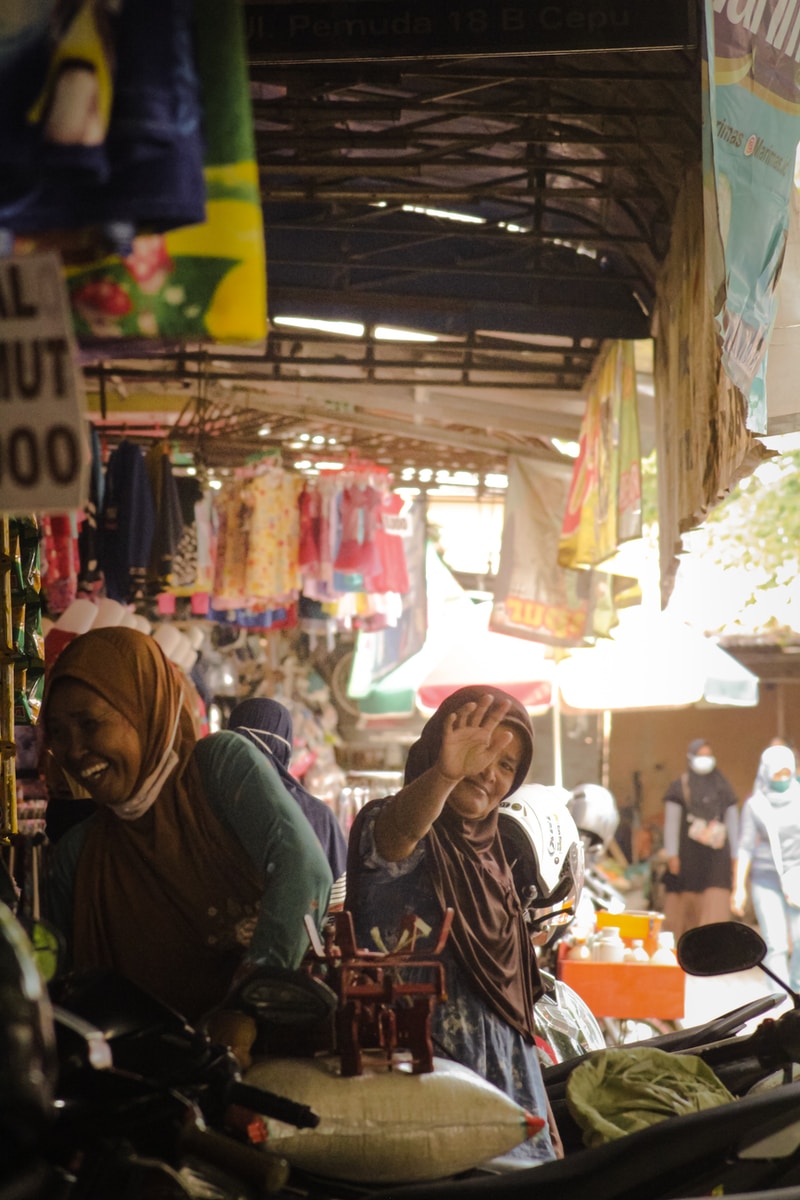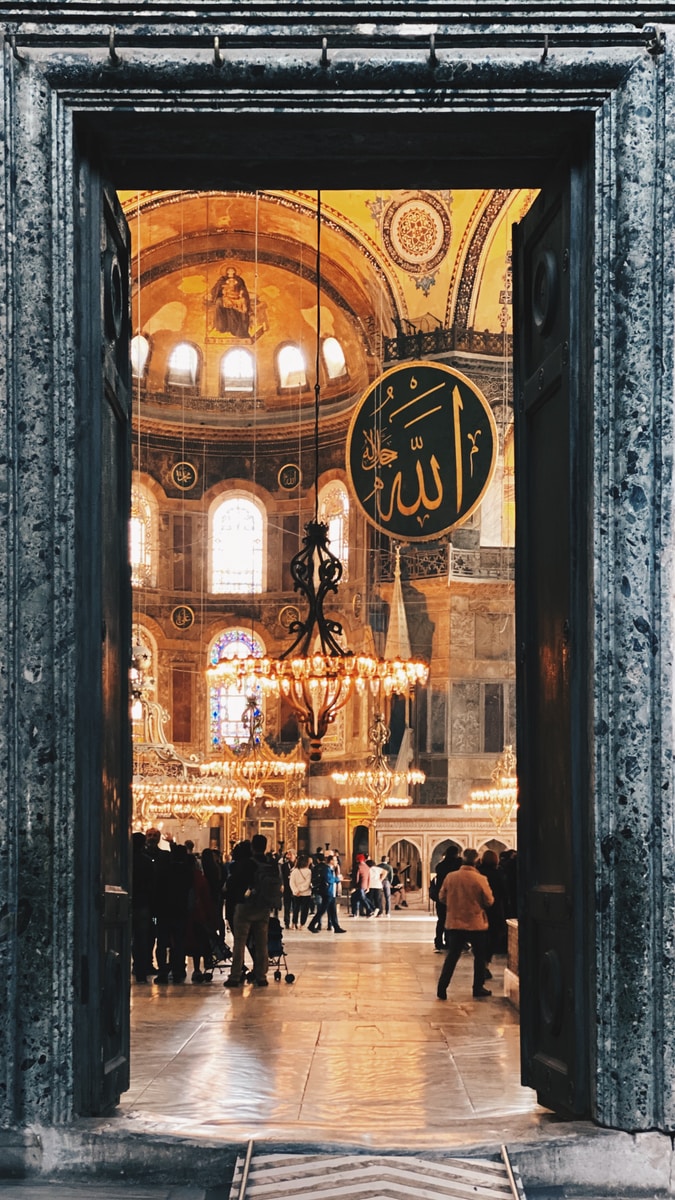It can be easy to be caught up in the narrative that has been displayed in the western world about the Muslim countries and especially the place of women in these societies. The media often paints an ugly, hateful and radical picture of Muslim countries. But those who live there or visit know that this is merely a stereotype and far from the truth. If you are willing to look behind the curtains of sensationalism, you will find a misunderstood community filled with compassion, kindness, hospitality, and openness.
Like most things in life, what better way to understand something than to experience it for yourself genuinely. Here are some things to consider for your next visit to a more religious conscious part of the world.
Attitude Towards Women
Despite the homogeneous description of the Islam world in the media, especially in the west, the countries themselves have wide-ranging cultures and laws that govern daily life for their citizens. This also means that the cultural attitude towards women can differ widely depending on the country in question and their interpretation of Islamic law. For example, Muslim countries in Southeast Asia, such as Malaysia and Indonesia, are comparatively more liberal than Middle Eastern and African Muslim countries regarding women and their place in society. In strict countries such as The Kindom of Saudi Arabia, women are very limited in their independence. Just a few short years ago there were finally permitted by law to have a drivings licence. These limitations on women are not prevalent in most Muslim countries such as Malaysia, Indonesia, Iran, etc. You see many women out and about, with or without a hijab/headscarf, working and driving alongside men outside the home.
Note: Irrespective of the country, make sure that you respect the local laws. This is not any different when visiting a non-Muslim country.

Be and Dress Modestly
To kick in the door right away, as a rule, it is always recommended to dress modestly in Muslim countries. It might be that some Muslim countries are used to tourists and do not mind more revealing outfits, but still, the rule applies dress modestly. For example, visiting Istanbul, you might find that you do not have to change the way you dress, but visiting smaller towns/villages in Turkey is absolutely recommended to dress modestly.
Some Muslim countries do not mind foreign women not wearing a headscarf, and some do, so it is recommended before you visit to find out. Furthermore, always carry something with you which allows you to cover up, you never know where your adventures may lead you. It is always better to have it and not need it than to need it and not have it.
Tip: Take inspiration from the local woman you might be pleasantly surprised.
Visiting a Place of Warship
When travelling through a Muslim country you might notice the abondance of mosques (Masjid). Mosques often reflect the size and needs of individual Muslim communities, as their members all worship together on Fridays. Historically mosques have been at the centre of education and intellectual life.
Inscriptions from the Qur’an adorn the interiors and exteriors of mosques, establishing a strong link between scripture and the place of prayer. Mosque decoration almost never includes human or animal forms, which are seen as potentially idolatrous. Instead, geometric, floral, vegetal, and calligraphic designs adorn mosques, symbolically recalling the promise of Paradise.
As mosques are an important religious and cultural cornerstone of the local communities, as such they take great efforts in guarding their sanctity. No matter how big or small the mosque is they are still open and welcoming to everyone from all walks of life even tourists. Make sure that you reciprocate their hospitality by respecting their place of worship and communal gathering. Do not worry this can be done by following the following two considerations:
- Remove your shoes before entering the mosque, this is to keep the mosque as clean as possible.
- Dress modestly by making sure that your arms, legs and head are covered adequately. No this does not mean that you need to be covered from head to toes with only your eyes showing.
Note: Some of the Mosques visited often by tourists provide women with an abaya (loose over-garment) to help them cover up before going inside. For example, when visiting Hagia Sofia in Istanbul, Turkey.

Interactions With Men
For someone coming from a western or non-Asian country, the interaction between men and women might look cold or even non-existent. This might have the appearance to be true but it is thankfully not. It is not proper etiquette in most Muslim countries to be overly affectionate to the opposite sex in a public setting. For those that are used to greeting people with hugs and kisses, such as South Europeans do when there is no pandemic around, you have to be mindful of the local customs as they might be much more modest than you are used to. This is especially true when meeting strangers.
So then what do you do? Go to the classics, greet men with a smile and a nod of the head, usually that will suffice.
Note: Men do not usually reach out to shake a woman’s hand unless she initiates it. But keep in mind that in some countries even if you initiate the action to shake a man’s hand it might be ignored or politely refused. Be assured this is not meant as an offence, there are merely following their local costumes. In those undoubtedly awkward situations just go back to the classics, just smile and node.
Segregation
In some Muslim countries, it might be jarring to see gender-based segregation in places such as restaurants, public transportation, schools and even homes. Like many things, we have discussed thus far this is also something that is not prevalent throughout the Islamic world. Make sure that you inform yourself about the Muslim country you are planning to visit so that you are not caught off guard.
Frequently asked questions
In this situation follow the tenet: When in Rome, do as the Romans do. Pay attention to what the locals do. This is also true when it comes to public pools or beaches. In more touristy areas or resorts, you might get away with the swimwear of your choice but double-check with the staff.


